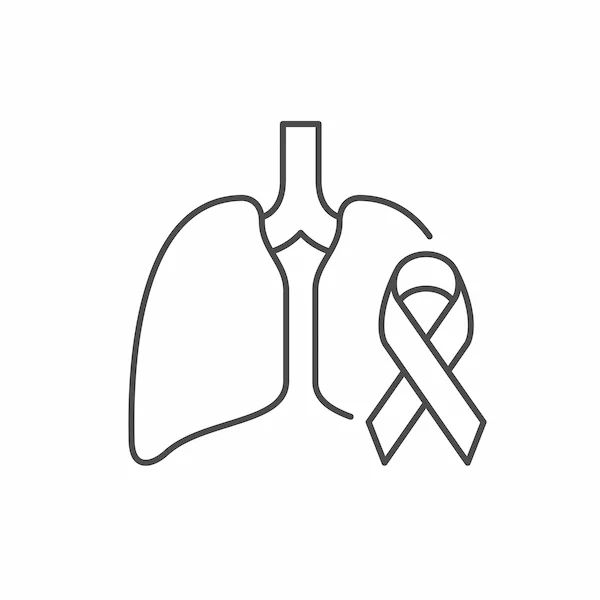- male
- 50 Years
- 22/01/2025
I've been dealing with this persistent cough and was put on levofloxocin 500 mg antibiotics for 5 days, but there was no relief, so they switched me to pulmocef 500. Still, the cough hasnt improved at all. I've been tested for TB, and the results were negative, no fever so far, but I do have shivering hands sometimes. I've attached my CT scan reports for reference. Right now, I'm on Tacrolimus 1.75 BD, Cellcept 750 mcg BD, and wysolone 7.5 mg OD. Is there anything else I should be considering or any thoughts on what might be causing this?
Answered by 1 Apollo Doctors
Continue all the medications advised by the physician.
Dr. Mubarak Suggests...
Consult a Pulmonology Respiratory Medicine Specialist
Answered 04/07/2025
0
0

More Pulmonology/ Respiratory Medicine Health Queries
View allI've been really worried about my dad's heavy cough. It's been going on for a while, and whoever sleeps in the same room as him can't get a good night's sleep. We've seen so many doctors, and he's tried all sorts of medicines. Some think it's bronchitis or asthma, while others have just prescribed general cough medicine. Despite trying everything, including rotahealermedicines, nothing seems to work. Could you please suggest what might be wrong or recommend something that could finally help with his cough?
Based on the information provided, it seems like your father's cough is persistent and impacting his quality of life. Since he has already tried various medications without much improvement, I would recommend trying a combination of Montelukast (brand name Singulair) 10mg once daily in the evening and FluticasoneSalmeterol (brand name Advair) inhaler 25050mcg two puffs twice daily. These medications can help manage symptoms of asthma-related cough and provide relief. Additionally, steam inhalation and staying hydrated can also help alleviate cough symptoms. It's important to follow up with a healthcare provider for further evaluation and management.
Answered by 1 Apollo Doctors
My friend is currently getting treated for lung TB, and shes still having a cough. Is it okay for her to eat ice cream during this time? Could it make her symptoms worse or interfere with the treatment in any way?
better to avoid cold substances during this treatment period to avoid further complications
Answered by 1 Apollo Doctors
I'm 20 and have smoked for just a year, about 23 cigarettes a day. Recently, I've noticed some red streaks in my mucus when I wake up in the morning. Could this mean I have lung cancer? It's been really stressing me out.
do a chest xray and proceed further
Answered by 1 Apollo Doctors
Disclaimer: Answers on Apollo 247 are not intended to replace your doctor advice. Always seek help of a professional doctor in case of an medical emergency or ailment.





